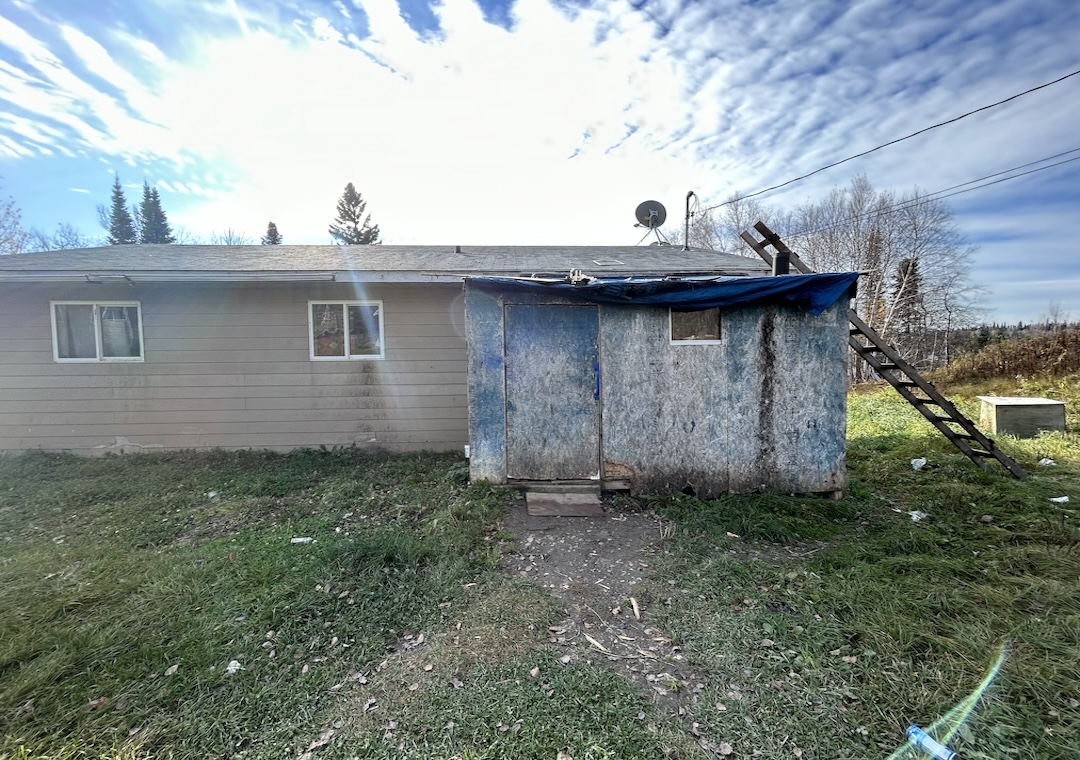
Lawyers representing more than 100 First Nations communities across Canada have begun arguments in a groundbreaking class action lawsuit alleging Canada has “deliberately underfunded” housing on reserves.
Over four days of hearings last week, lawyers for the First Nations plaintiffs and the federal government argued over whether Canada has a duty to ensure adequate housing in First Nation communities.
The hearings, which took place in Winnipeg, marked the beginning of a historic legal battle that will test allegations the federal government created a “man-made disaster” to “drive First Nations people from these reserve communities” by making reserves “uninhabitable.”
Plaintiffs are seeking $5-billion in damages.
The federal government has acknowledged inadequate housing standards in some First Nations communities. But Indigenous Services Canada said in a statement to the IJB this week that while the federal government is responsible for providing funding for safe and adequate on-reserve housing, “First Nations are responsible for providing and managing housing on reserve.”
In court, federal lawyers said Canada “does not bar First Nations from building, repairing or maintaining their houses.”
Federal Justice Paul Favel reserved judgement. Lawyers say a decision could take up to six months.
Last year, an IJB investigation revealed details from engineering reports commissioned by two First Nation communities about the poor state of housing on reserves across the country.
None of the roughly two dozen houses assessed by engineers met the National Building Code of Canada, the reports found. A quarter of them were recommended for demolition, including one where the homeowner “fell through [the] floor” a day prior to assessment.
“It’s shameful that the First peoples of this country live in such conditions,” said Kevin Hille, a lawyer with OKT Law who is representing the First Nations.
Hille, who visited several of the communities to witness the housing conditions firsthand, says this case marks the first time in Canada a court will test the federal government’s obligations to provide adequate housing for First Nations.
The Crown’s submissions argue Canada provides funds “not intended to cover the full cost of housing on reserve.” In response, lawyers for the First Nations told the court the economic circumstances of the plaintiffs are “the direct result of Canada’s actions.” They argue plaintiffs “depend on Canada today because they are relegated to uneconomic reserves.”